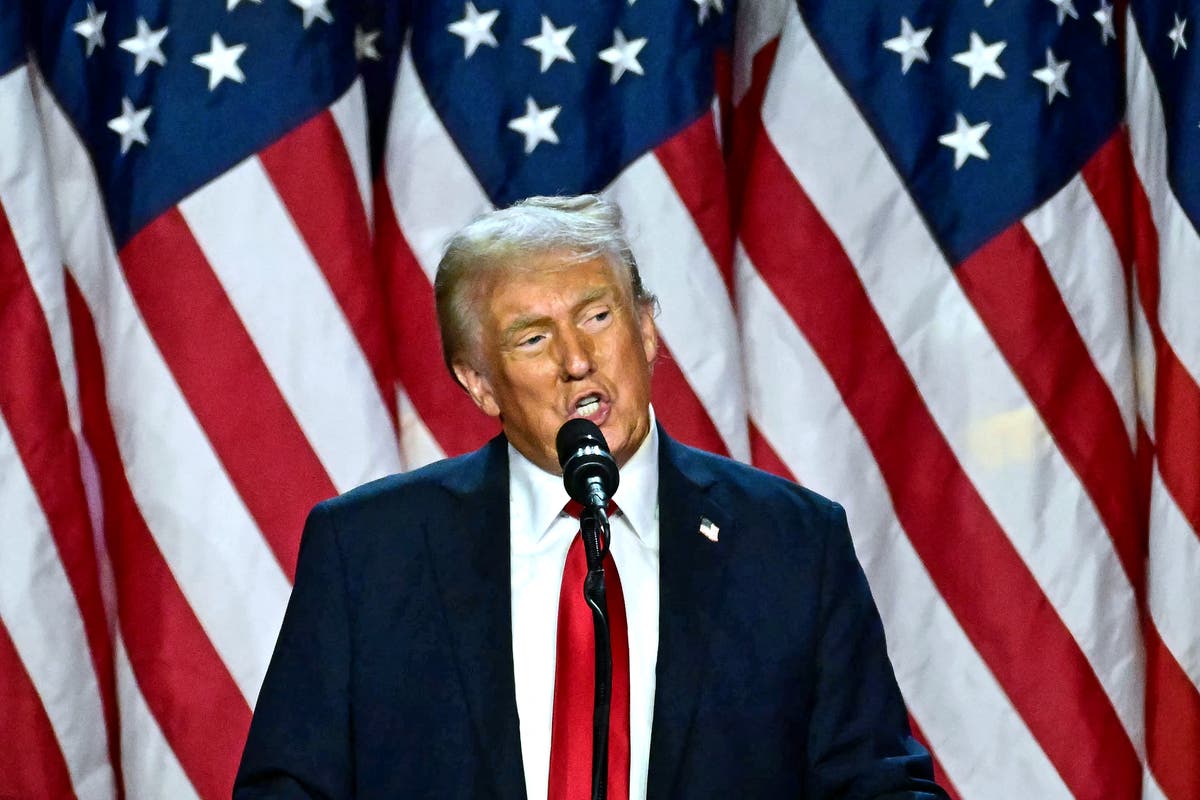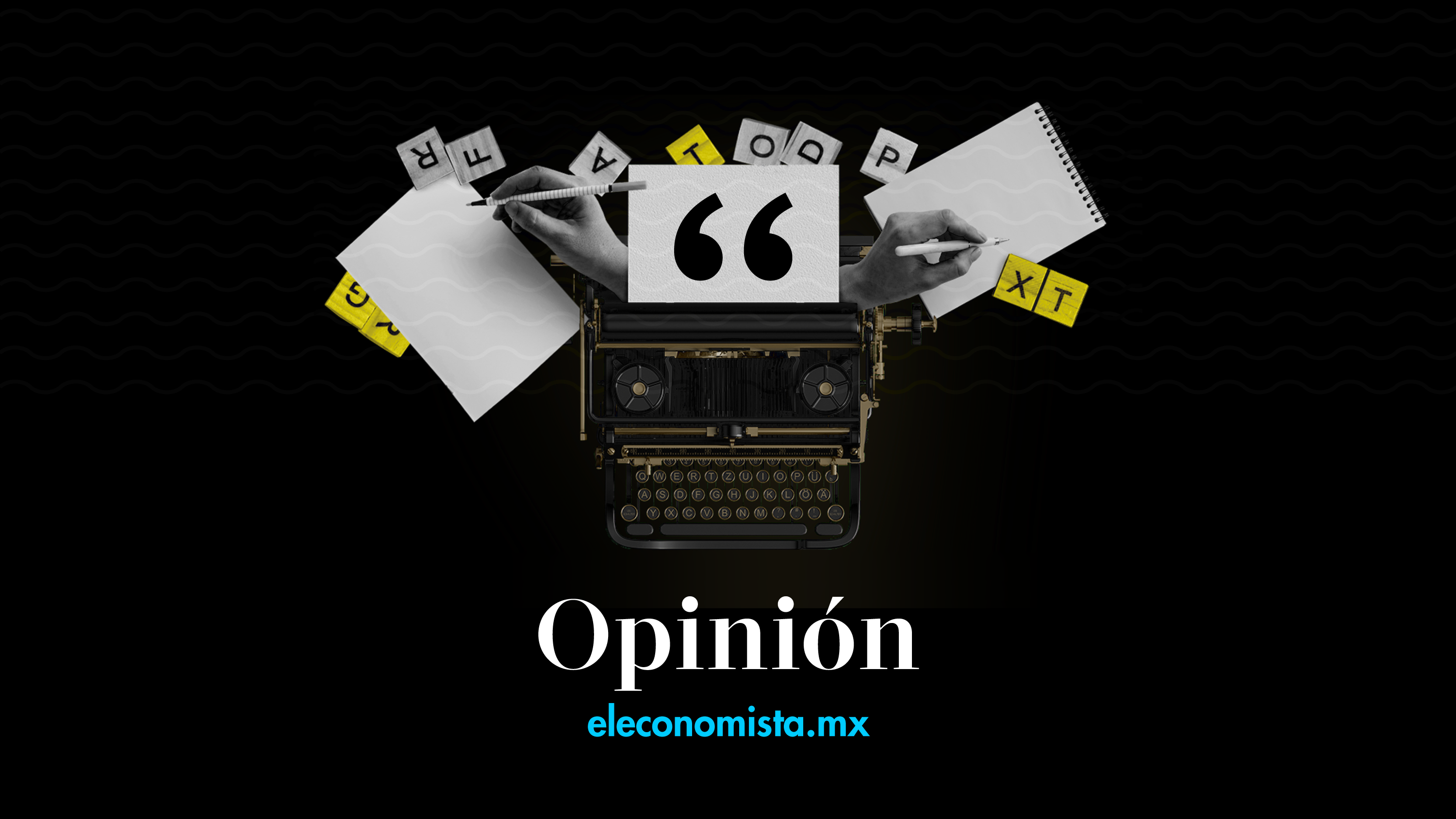Khartoum- With the consolidation of the episodes of the political crisis in Sudan, the United Nations has put forward an initiative to stop the deterioration of the country, which has become a candidate to slide towards the square of violence with the prolongation of the differences of its politicians and the almost daily popular protests, which call for the isolation of the military component from power.
The United Nations Integrated Mission to Support the Transitional Phase in Sudan (UNITAMS) said – the day before yesterday, Saturday – that it had started with local and international partners in launching initial consultations for a political process between the Sudanese parties, which the United Nations is facilitating with the aim of reaching an agreement to end the current political crisis. and progress on a sustainable path towards democracy and peace.
And in February 2020, UNITAMS was established by a decision of the UN Security Council after the request of the Government of Sudan, to support the democratic transition process.
Al Jazeera Net learned that the office of the head of the UN mission in Sudan, Volker Peretz, will reveal today, Monday, the details of the initiative, which received international support as soon as it was announced, at a time when the reactions of Sudanese circles to it varied between welcome, caution and rejection.
Why did the initiative raise controversy?
Several Sudanese parties view Peretz’s initiative with suspicion, as it seeks to find a way out of the military component, and to force effective politicians and the dynamic forces of the street to negotiate with him.
While the protesters, in continuous demonstrations since last October 25, have raised the slogan “No negotiation, no partnership, illegitimacy,” stressing the state of mistrust towards the military leaders, after they excluded civilian partners, overthrew their government and arrested their ministers, while the army commander called them “corrective measures.” The majority of political parties describe it as a “coup” in which dialogue with the military is not permissible.
According to the initiative, it aims to end violence, and includes all “stakeholders” as the United Nations calls them, including civilians, the military, armed movements, political parties, civil society, women’s groups and resistance committees, to participate in the political process that the United Nations will facilitate.
How did things get worse?
The political situation in Sudan became complicated after the resignation of Prime Minister Abdullah Hamdok last week, due to the inability to agree between the political components, and his failure to form his government after he was returned to his position under a political agreement he signed with the army chief, Abdel Fattah Al-Burhan on last November 21, which is the agreement Which was concluded to be a way out of the crisis left by the decisions of last October 25.
But the agreement between Al-Burhan and Hamdok angered the political forces that overthrew the army chief, and Hamdok himself was accused of being loyal to the putschists, while he tried to justify the agreement by seeking to spill blood and spread consensus.
The situation worsened with the continuation of protests and a wave of violent security crackdown on demonstrators, which has led to 60 deaths and hundreds of injuries since last October 25. This contributed to fueling the dispute between the parties, the street forces and the military component, raising the ceiling of demands for the departure of all its current leaders, which will complicate the mission of the United Nations envoy and put his initiative in front of a difficult challenge.
statment
The solution is to overthrow the authority of the Military Council and take away the full civil authority of the people#MillionJanuary 9#No_Negotiation_No_Illegal_Partnership pic.twitter.com/RXm1A5jiPd
– Sudanese Professionals Association (@AssociationSd) January 9, 2022
How did the political parties view the initiative?
The majority of partisan forces did not show a decisive position regarding the United Nations initiative, given that its details are still vague, but the Central Council of the Forces for Freedom and Change stated that the UNITAMS mission has a mandate – under Security Council Resolution 2525 – to support the civilian transition in Sudan, and that this transition “has been devastated by October 25 coup.
Accordingly, the Forces for Freedom and Change said – in a statement – that the mission’s handling of the current situation must be in line with Security Council resolutions that provide for support for transition and progress towards democratic governance, peace and the protection of human rights.
The coalition said that it would deal positively with any international effort that helps achieve the goals of the Sudanese people in combating the “coup” and establishing a civil and democratic state.
The head of the Executive Office of the Federal Assembly, Babiker Faisal, a member of the Central Council for Freedom and Change, says that it is important to know the content of the initiative before deciding a position on it.
On the other hand, the gathering of professionals was more explicit in declaring its categorical rejection of the international initiative; In a statement on his Facebook account, he affirmed his total rejection of the call, “which seeks to push for normalization with the criminals of the military coup and their fascist authority.”
He pointed out that the people announced that the way to solve the Sudanese crisis begins with the overthrow of the “coup military council” and bringing its members to justice “for the massacres they committed against the defenseless, peaceful Sudanese people in special courts.”
The assembly went even further by accusing Volker Peretz of seeking to confirm the Burhan-Hamdok agreement, and said that “Volker’s practices violate the foundations and mission of the international organization in supporting the peoples’ aspirations for freedom, peace and a decent life, and he should listen to the goals of our people and their revolutionary forces in complete national civil rule and defeat the last strongholds of totalitarianism. “.
For his part, a member of the Central Committee of the Communist Party, Kamal Karrar, stressed that there is no dialogue under the “coup authorities.”
While the People’s Congress said – on the words of the political secretary of the party, Kamal Omar – that they welcome any call for dialogue and communication, to get out of the crisis.
In the circles of the Federal Party led by Muhammad Othman Al-Mirghani, the international initiative was accepted as promoting dialogue and redefining the role of international partners, in order to reach a national consensus that brings together opinions and paves the way for a democratic transition leading to general elections.
The Sudan Building Party welcomed it and saw it as an elevation of peaceful political solutions, and called on the mission and its head to play a greater and clearer role in supporting the democratic transition in Sudan in light of the lack of trust between the political parties and the military component.
He also stressed the importance of taking into account the demands of the Sudanese street, including dialogue with all parties, and leading to a political solution that would place the civil forces at the top of the transitional authority’s pyramid, with the need to exclude the military component or reduce its influence.
What is the position of the army and rapid support?
The military establishment is still silent about the initiative, while the Secretary-General of the United Nations, Antonio Guterres, made a call to the President of the Sovereign Council, Abdel Fattah Al-Burhan, hours before the launch of the mediation and they discussed it, and the international organization pledged to support the transitional period and encourage dialogue between the Sudanese parties to ensure a smooth transition that leads to a smooth transition. for the elections.
On January 3, the US Assistant Secretary of State for African Affairs, Molly V, called the Commander of Rapid Support, Mohamed Hamdan Dagalo, Vice President of the Sovereign Council, and conveyed to him for the first time the possibility of benefiting from the UNITAMS mission to bridge the gaps between the Sudanese parties, while Hamdan told her that the way out of the crisis is to conduct a national dialogue that leads to a comprehensive consensus.
Last Friday, the US diplomat called Shams El-Din Kabbashi, a member of the Sovereign Council, and told him about the United Nations mediation to resolve the Sudanese crisis.
It does not appear from these contacts that the military establishment opposes the mediation of the United Nations, especially since the head of its mission, Volker Peretz, has been in contact with military leaders during the crisis that has escalated since last October 25.
Were the Sudanese parties unable to resolve?
The leader of the Democratic Unionist Party, Hatem Al-Sir, believes that the support of some Sudanese forces for the UN initiative backed by America, the European Union and the neighboring countries of Sudan is an acknowledgment of the fait accompli, especially since the Sudanese issue is already internationalized and is no longer local.
Al-Sir – to Al-Jazeera Net – says that the Sudanese-Sudanese dialogue has become “the call of the stage that we do not have the luxury of compromising, otherwise Sudan will pay a heavy price, the consequences of which cannot be imagined nor bear its consequences.”
He points out that the de facto facts forced the Sudanese political forces to accept the initiative, which is the (last chance) to resolve the crisis and pave the way for elections.
Regarding calls to remove the army from political life, Al-Sir says that this is subject to the agreement of the political forces, and even the military do not oppose, but in the current Sudanese transition situation, the matter is not done by force, but through dialogue and consensus, and the best scenario is to agree on a date for the elections, which in turn will produce a system Elected civilian rule.





